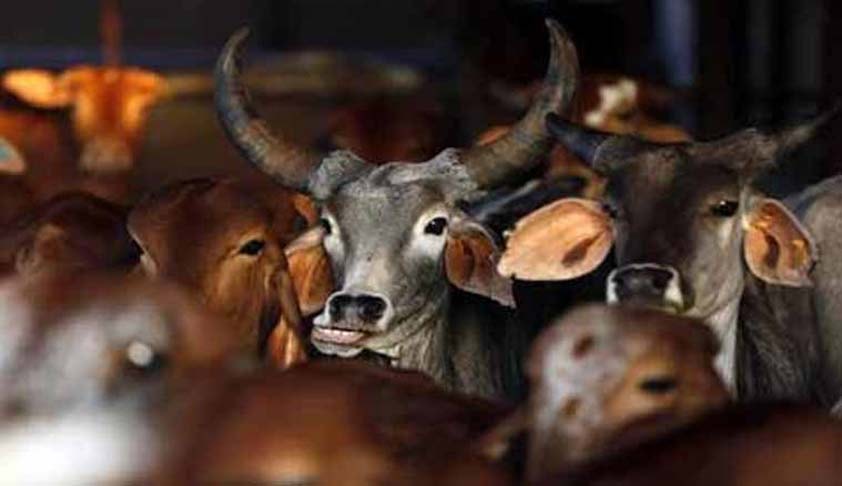SC notice on petitions challenging beef, cow slaughter ban; hearing after 6 weeks
LIVELAW NEWS NETWORK
2 Sept 2016 2:02 PM IST

Next Story
2 Sept 2016 2:02 PM IST
The Supreme Court today issued notice to Maharashtra government and Centre on a petition against the May 6 order of the Bombay High Court which upheld the ban on cow slaughter in the state under the amended Maharashtra Animals Preservation (Amendment) Act, 2015.The SLP was filed by 30 Maharashtra-based social activists through senior lawyer and former Additional Solicitor General Indira...
